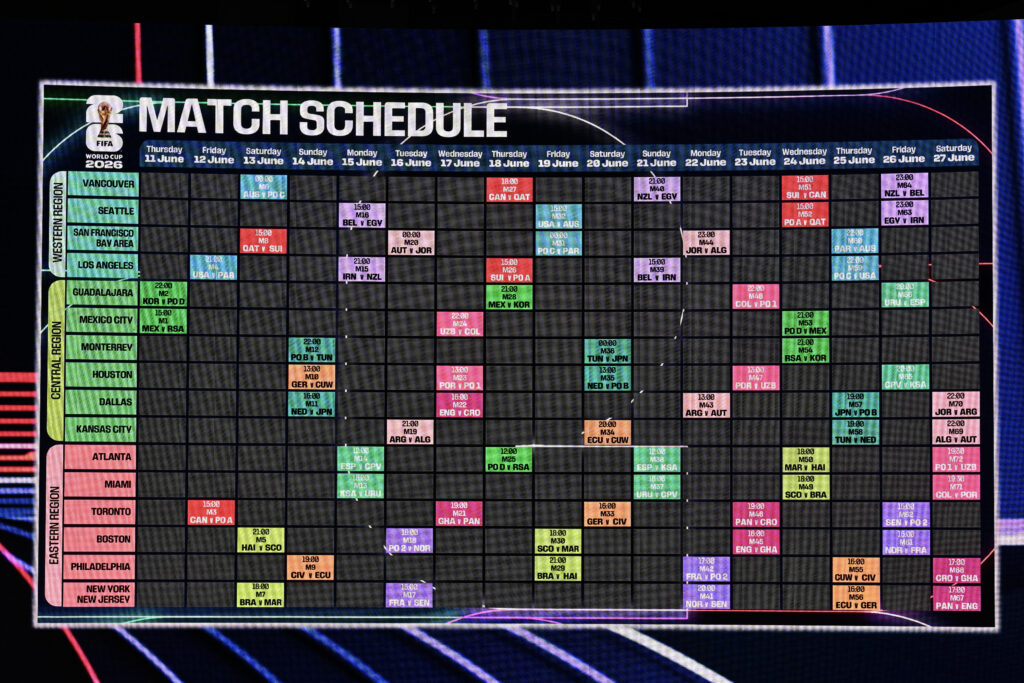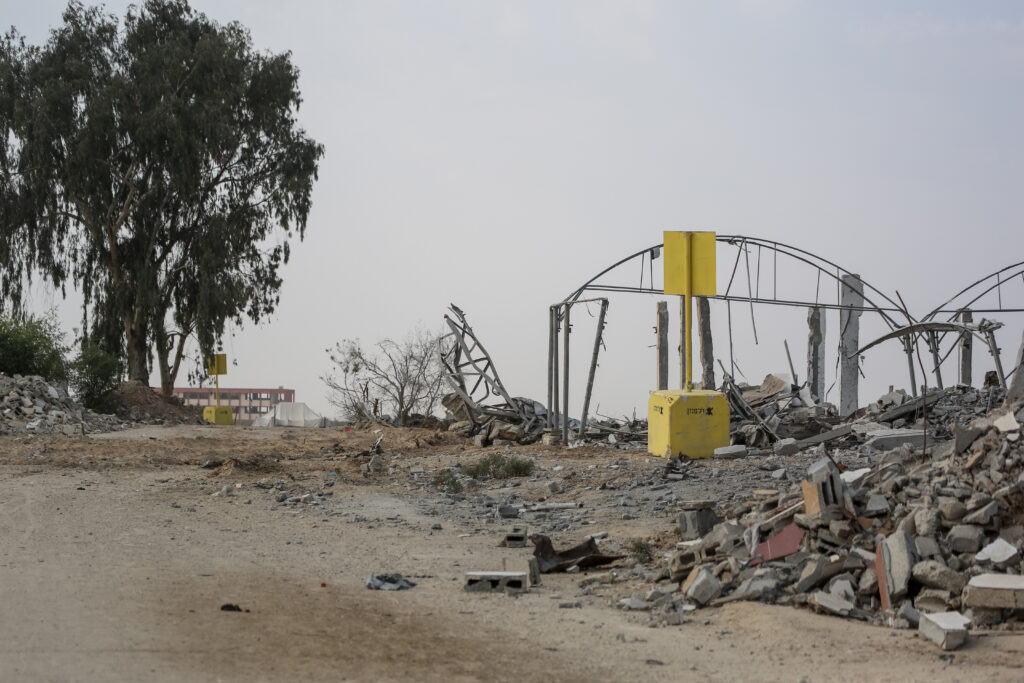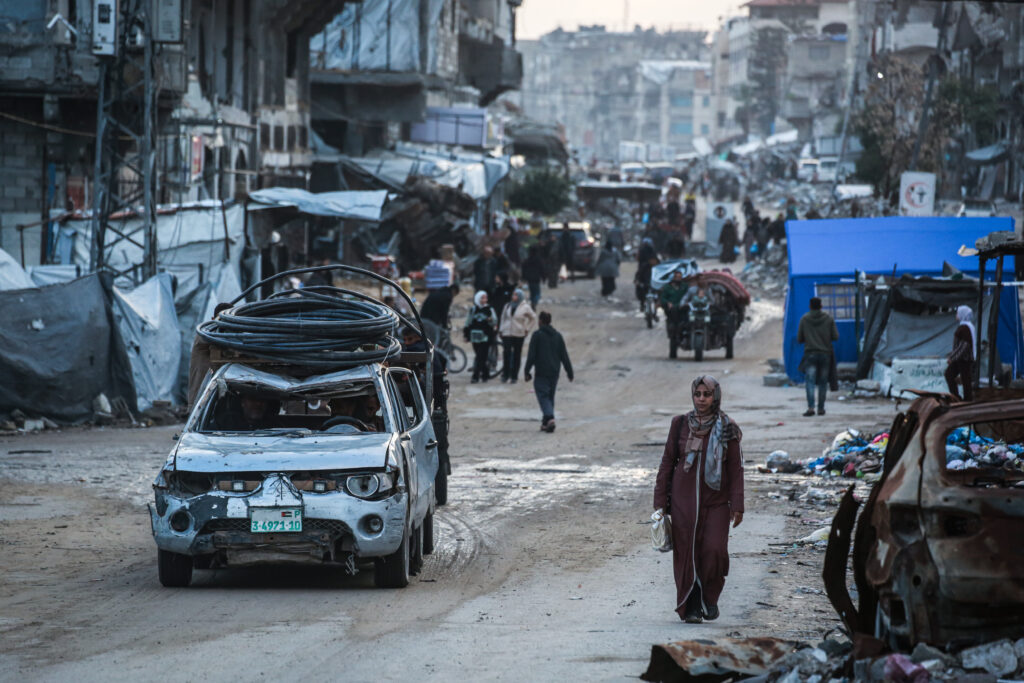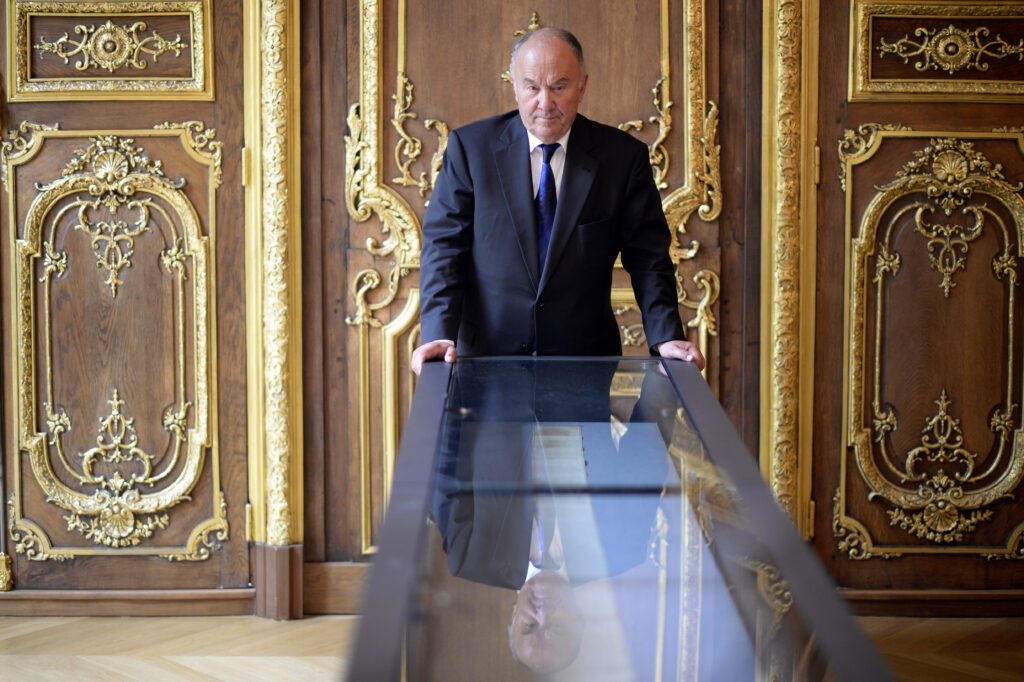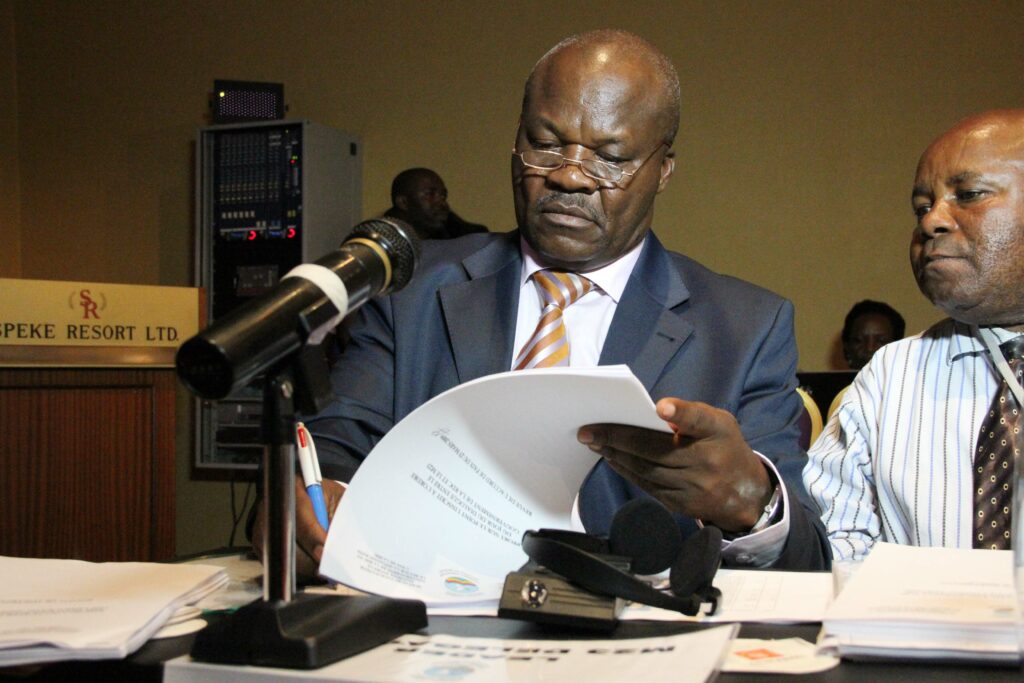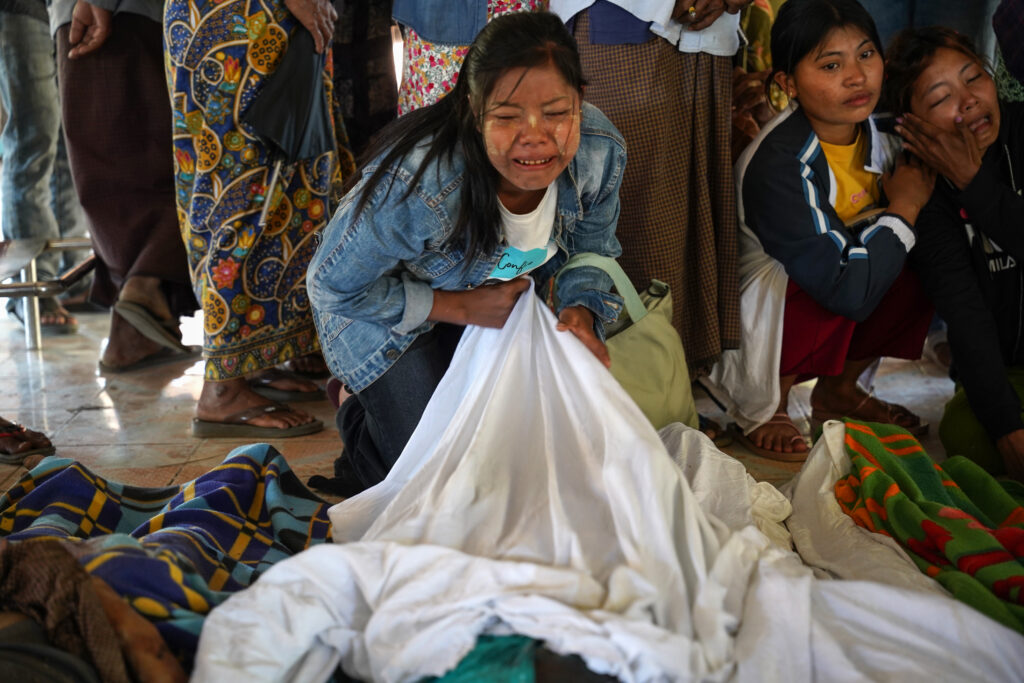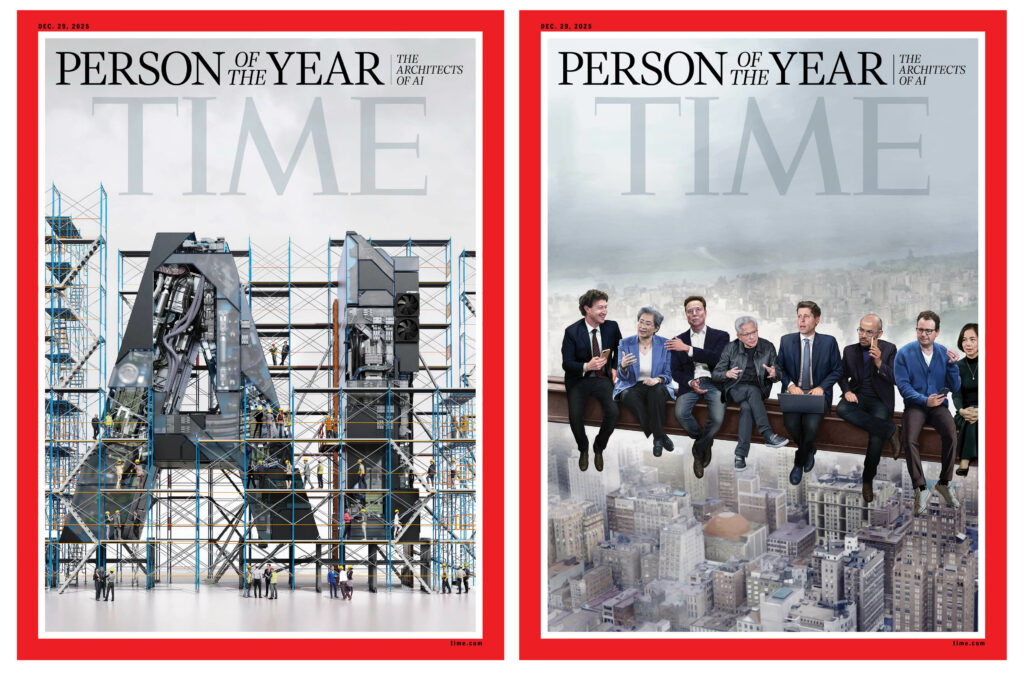Roger Lumbala était bien un “chef militaire”, non un simple politique, et il doit rendre des comptes pour les crimes de ses troupes en République démocratique du Congo (RDC) en 2002-2003, ont plaidé jeudi les parties civiles devant la cour d’assises de Paris qui juge l’ex-rebelle.Jugé pour complicité de crimes contre l’humanité, Roger Lumbala, 67 ans, a décidé d’emblée, le 12 novembre, de ne pas assister aux débats: il dénie à la justice française toute légitimité pour le juger pour les exactions commises dans le nord-est de la RDC par les soldats de sa faction, le RCD-N, et de son allié du MLC, tous deux soutenus par l’Ouganda voisin. Mais depuis plus d’un mois, des Congolais sont venus raconter les atrocités dont eux et leurs proches ont été victimes lors d’une offensive contre une faction rivale, baptisée “Effacer le tableau”: viols collectifs souvent devant leur famille, esclavage sexuel, travail forcé, mutilations, exécutions sommaires, pillages systématiques, etc.Dans un verdict attendu lundi, une condamnation par une cour nationale étrangère serait “historique”, ont plaidé jeudi les avocats des victimes et des organisations de défense des droits humains. Elle enverrait un message fort contre “l’impunité” dans des conflits qui, depuis trois décennies, ont fait des millions de morts et de déplacés dans l’est de la RDC, avec comme mobile principal la captation des ressources minières et naturelles. – “Soldats de Roger Lumbala” -“Vous jugez la partie émergée de l’iceberg” des atrocités commises lors d'”Effacer le Tableau”, mais c’est “un échantillon représentatif”, selon Me Henri Thulliez. “Votre décision ne permettra pas de mettre fin à l’impunité mais elle y participera”, elle “aidera les victimes et les survivants à se relever”, a-t-il poursuivi.A la veille des réquisitions, les parties civiles se sont employées à démonter le portrait qu’a voulu brosser de lui-même Roger Lumbala durant l’enquête, celui d’un homme politique éloigné des champs de bataille, sans prise sur les opérations militaires. Certes, a plaidé Me Clémence Bectarte, avocate de plusieurs femmes, “aucune d’entre elles n’a été violée par Roger Lumbala”. Mais elles ont toutes été “victimes de soldats que se revendiquent comme soldats des +Effacés+”, le nom qu’ils se donnaient, et “comme des soldats de Roger Lumbala”. L’ex-rebelle, arrêté en décembre 2020 à Paris, “n’est pas celui qui a violé” mais il est “le chef de guerre qui a permis ces crimes, qui les a rendus possibles”.- Viols systémiques -Ces viols ne sont “pas des actes isolés” ou des dommages collatéraux, ils sont “une composante essentielle de l’opération +Effacer le tableau+”, a plaidé l’avocate, avec notamment pour objectif de fracturer les communautés et de semer la terreur.Pour sa consoeur Claire Deniau, Lumbala était un “maillon indispensable”, un “opérateur local d’un crime économique organisé”, la captation des richesses de la RDC, véritable “entreprise mafieuse”. “Les soldats” du RCD-N “n’étaient pas payés mais ils avaient carte blanche pour piller”, une autorisation qui “venait directement de Roger Lumbala”. Perçu par ses soldats “comme un chef militaire”, Roger Lumbala “ne portait peut-être pas l’arme. Mais c’est lui qui fixait la cible. Il n’entrait pas dans les maisons pillées. Mais c’est lui qui ouvrait la porte, par son autorisation. Il ne frappait pas. Mais il encourageait, laissait faire et se félicitait des résultats militaires”.Me Thulliez a ironisé sur un “homme politique dénué de toute opinion politique” animé par “un opportunisme insatiable” et dont le mouvement était “plus sanguinaire que révolutionnaire”. Il a rappelé plusieurs meetings tenus par Lumbala dans deux villes théâtres d’exactions, ou ces témoignages sur cet hélicoptère qui l’a amené avec des munitions pour repartir avec le fruit des pillages. Il a aussi cité des interviews d’époque: “Nos troupes”, “Notre territoire”, disait alors Lumbala.
